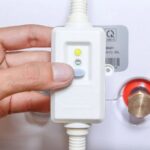Electricity bills can easily get out of hand. Many people have been there, but these simple and proven strategies will help you cut costs.
8. Switch to LED Lights
One of the easiest and most cost-effective ways to reduce your home electricity bill is to replace traditional incandescent (or halogen) bulbs with energy-efficient LED lights. While the initial cost of LEDs may be slightly higher, they consume less electricity and have a significantly longer lifespan. This means fewer replacements and lower long-term energy costs.
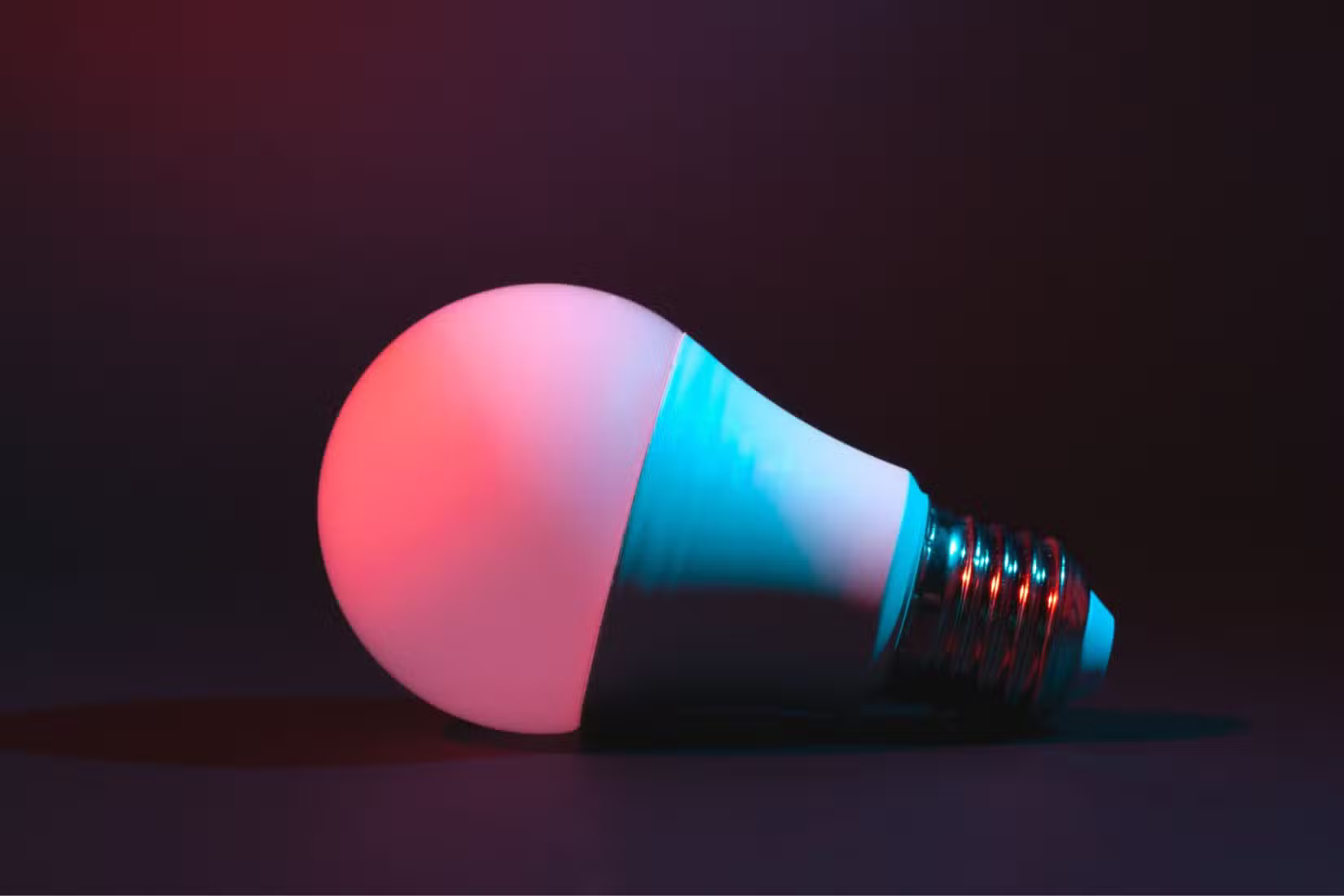
7. Adjust Daily Habits
Sometimes, the biggest energy savings come from small behavioral changes. You don’t always need new utilities or upgrades—just being mindful of how and when you use energy can make a big difference over time.
Start by turning off lights when you leave a room and unplugging devices that aren’t in use. Also, open the curtains to let in natural light instead of turning on lamps during the day.
6. Unplug Unused Devices
Many modern devices continue to draw power even when turned off—a phenomenon known as vampire or phantom load. Game consoles, coffee makers, and even TVs in standby mode slowly drain electricity 24/7. Even devices you might think are inactive, like laptop chargers, can still consume energy when plugged in (even without the laptop).
This standby power, as it’s aptly named, may seem insignificant. But it all adds up over time.
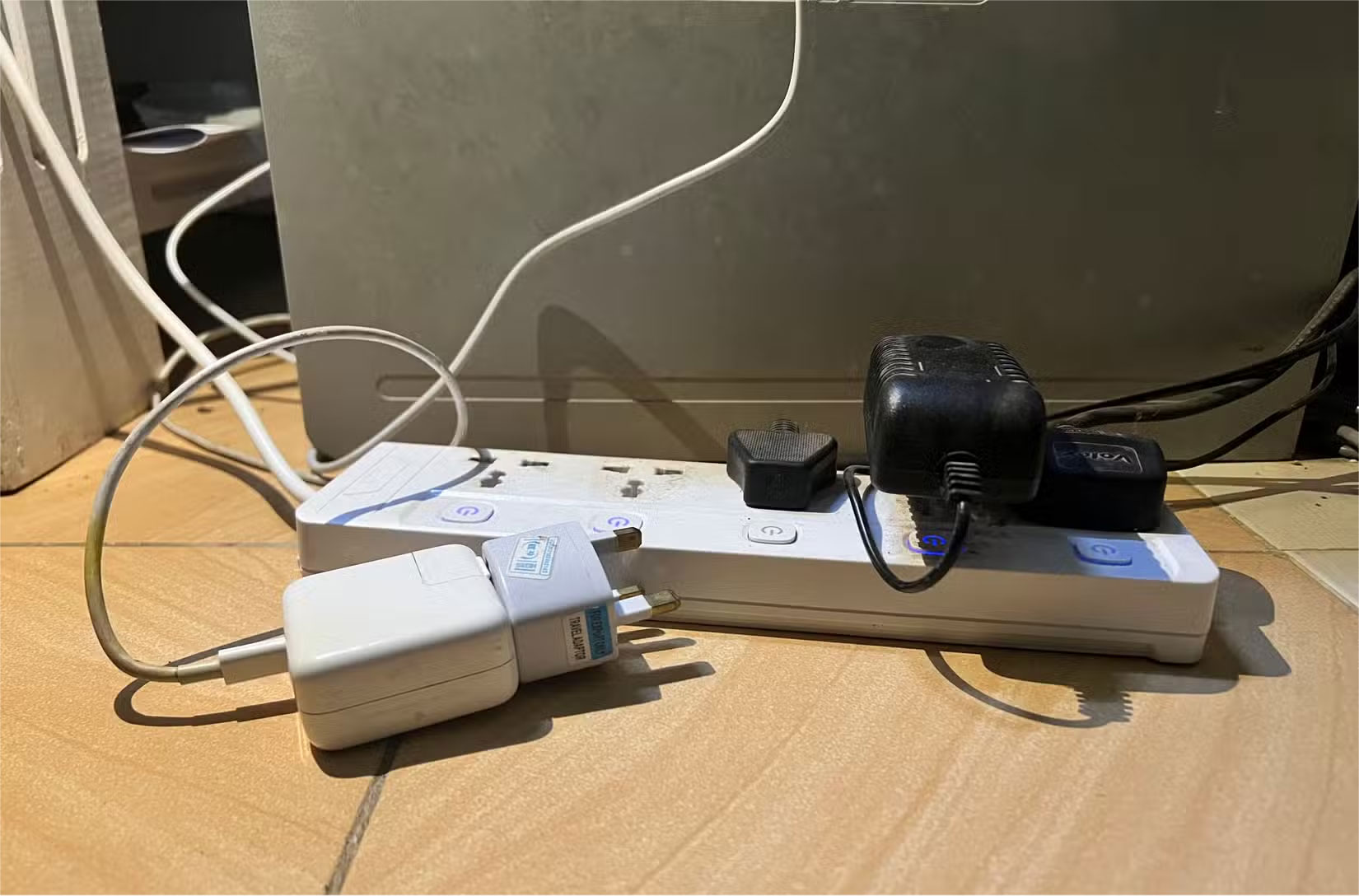
The fix is simple: Unplug devices you’re not using. You can use Member First’s vampire load calculator or any other alternative to estimate the annual cost of idle devices.
5. Use Smart Power Strips
Even if you’re diligent about turning off devices, many still consume power in standby mode. Unplugging is a simple fix, but it can be inconvenient as you’d have to remember to do it daily until it becomes a habit. That’s where smart power strips come in—they detect when a device is idle and automatically cut power, eliminating wasted energy without any effort on your part.
Unlike regular power strips, smart power strips can differentiate between devices that need to stay on (like a router) and peripheral devices that don’t need continuous power (like a printer or speakers). Some models even let you schedule on/off times, control the power strip via an app, or monitor real-time energy usage.
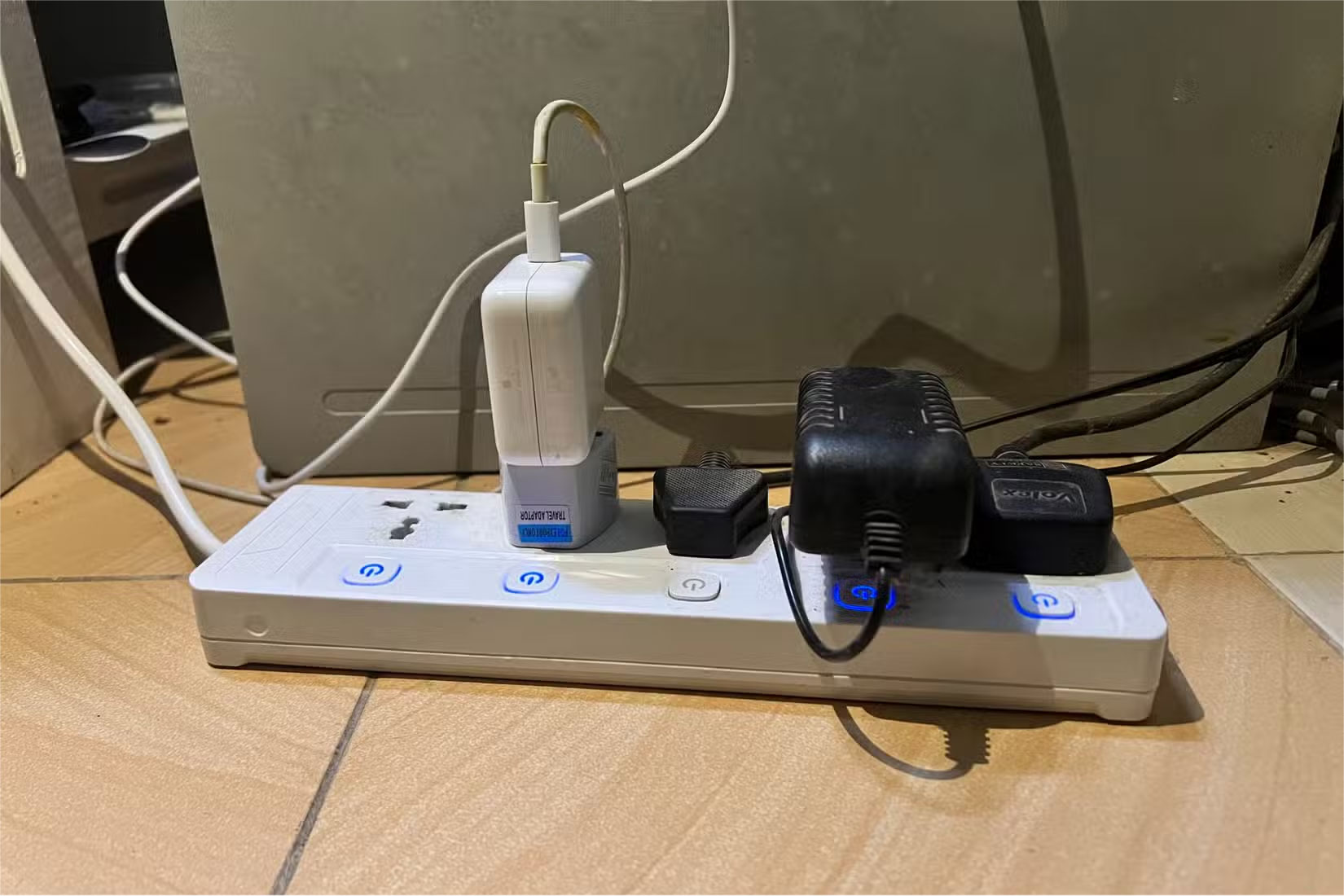
4. Air Dry Whenever Possible
Clothes dryers can be one of the most energy-intensive appliances in your home. While each cycle may not cost much, it adds up, depending on your electricity rates and dryer type—especially in a large household. Whenever possible, opt for air-drying your clothes in the sun. Hanging clothes outdoors or using an indoor drying rack is completely free and surprisingly effective.
3. Use Appliances Efficiently
Even with energy-efficient appliances, the way you use them can make a big difference in your electricity bill. Smart usage habits help you get the most out of your appliances without consuming too much electricity. For example, only run your washing machine and dishwasher when they’re full. Also, washing clothes in cold water can reduce energy consumption, as hot water is one of the biggest electricity drains.
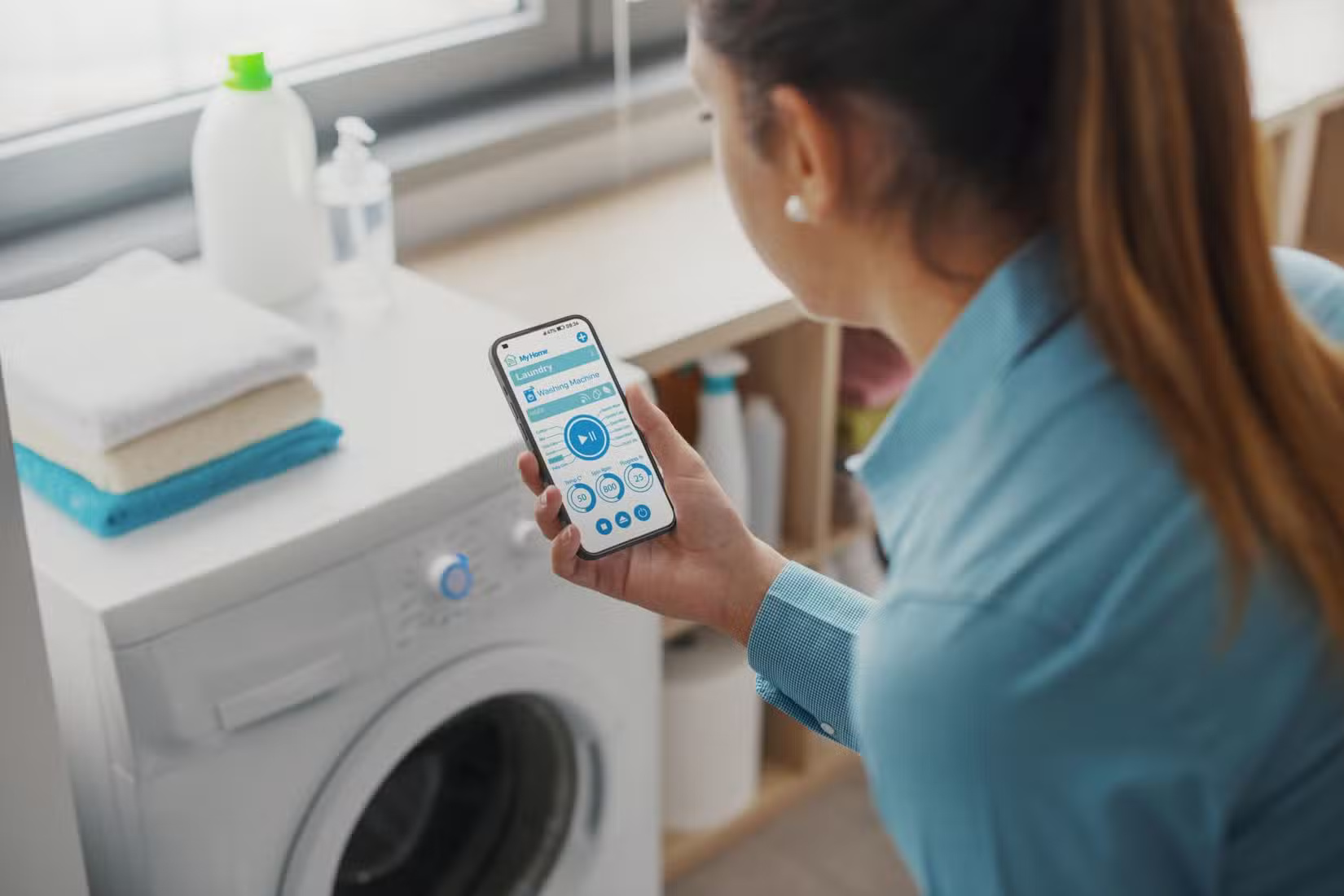
2. Seal and Insulate Your Home
If your home isn’t properly sealed or insulated, you’re losing money. Gaps around windows, doors, vents, walls, or poorly insulated attics can cause your heating and cooling systems to work overtime. According to the United States Environmental Protection Agency (EPA), proper sealing and insulation can save a household an average of 15% on heating and cooling bills.
1. Upgrade to Energy-Efficient Appliances
If you want to go beyond the simple fixes mentioned above, consider upgrading your appliances to energy-efficient options. Sure, older appliances may still work just fine, but they’re often silently draining your wallet. Switching to modern, energy-efficient models can significantly reduce electricity consumption and lower your monthly bills.
While the initial cost of energy-efficient appliances can be high, the long-term savings are worth it. In many cases, the reduced energy consumption will pay for the appliance within a few years.
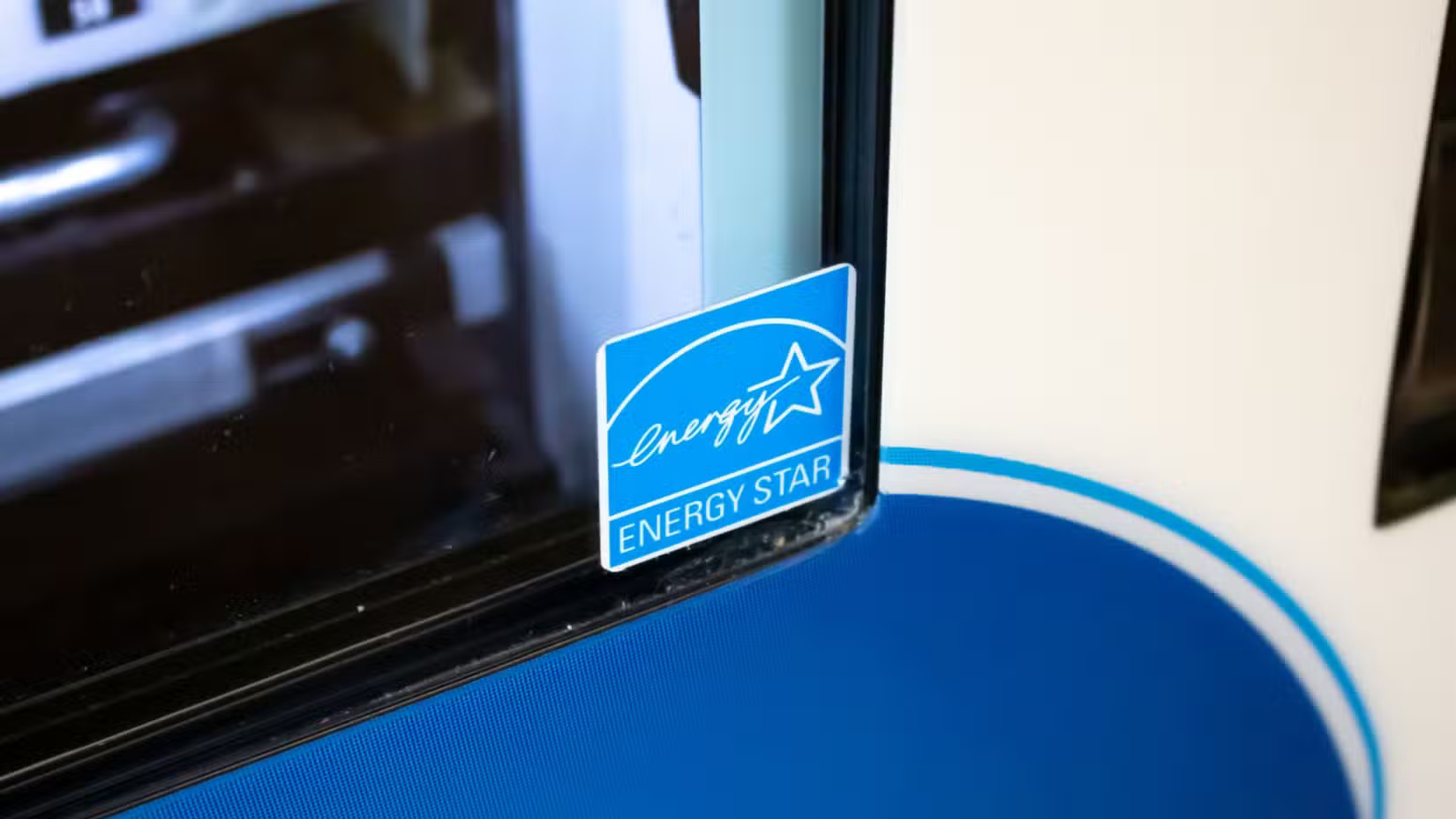
- How to Use Electric Water Heaters Efficiently in Winter?
- No Worries About “Money Evaporation” When Using Air Conditioning
- How to Use Oil Heaters Without Wasting Electricity?
- How to Turn on the Air Conditioner for Heating Correctly, Effectively and Save Electricity




























